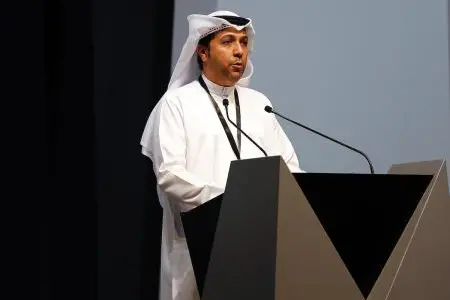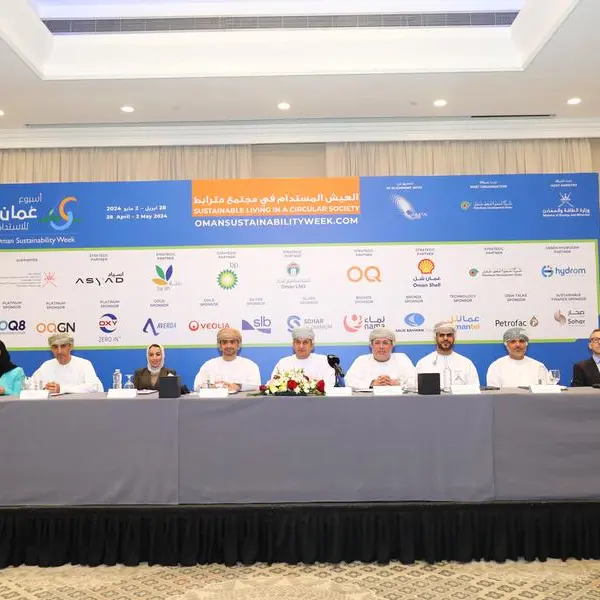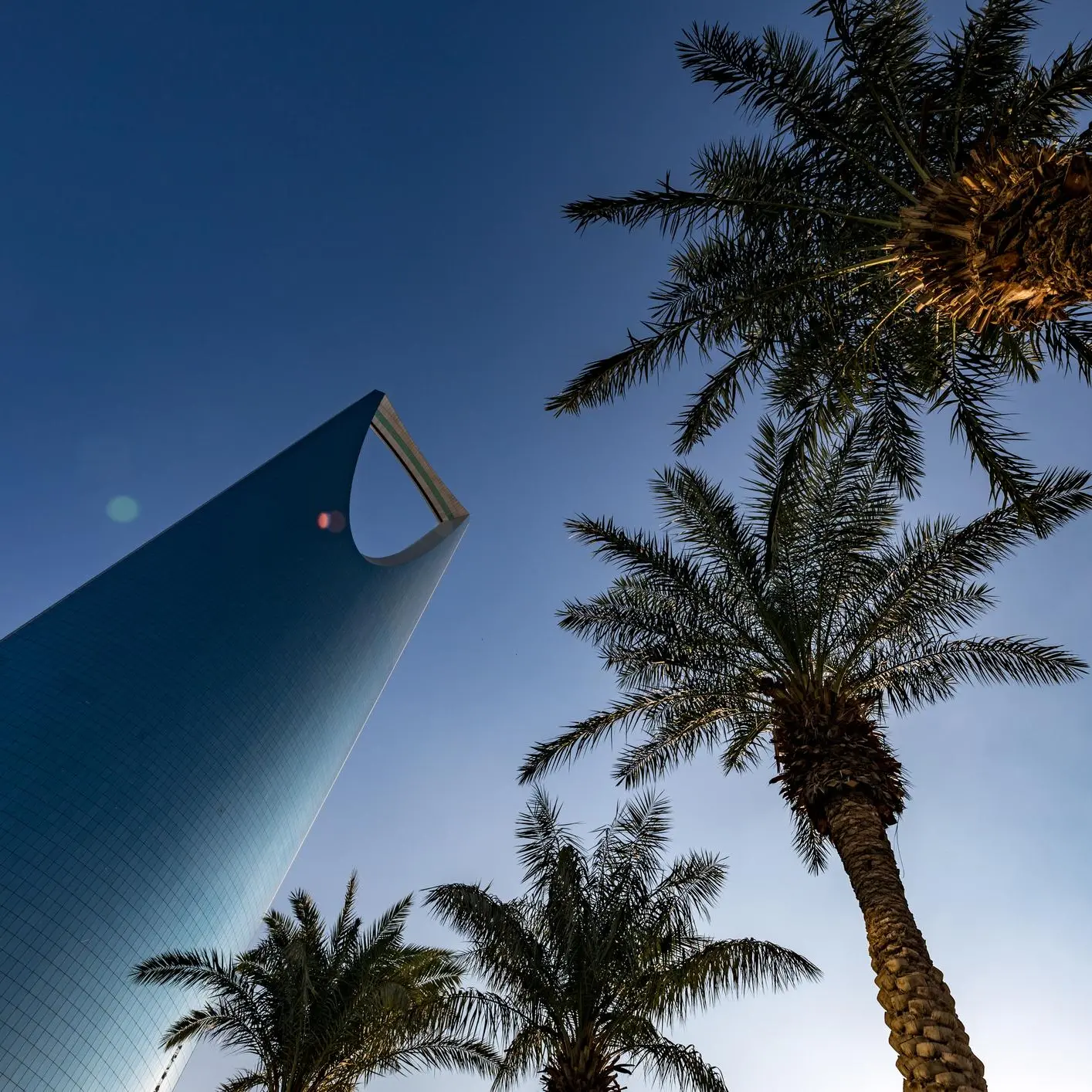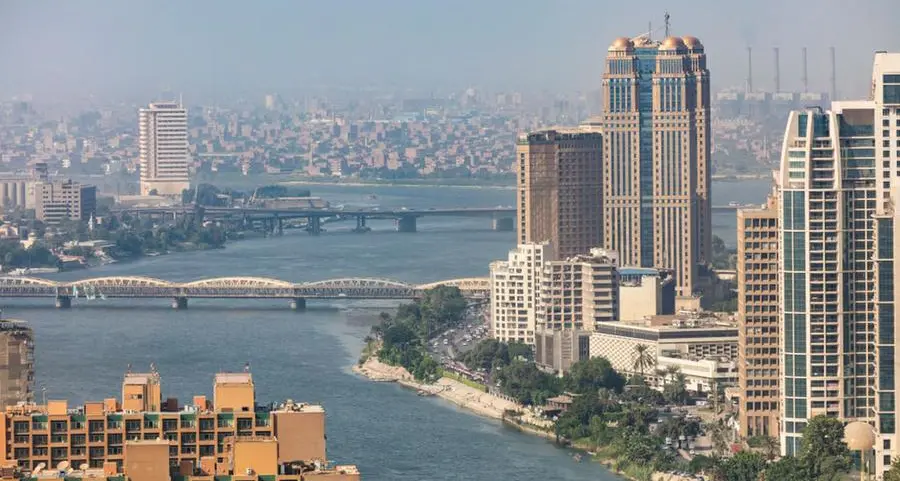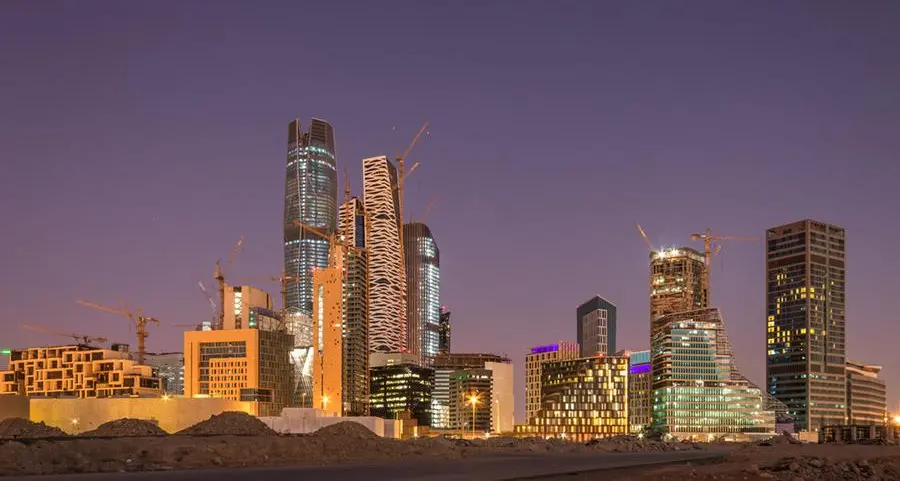PHOTO
Sharjah:
Day two discussions at the eighth International Government Communication Forum (IGCF 2019) have stressed that the media needs to assume a transformational role and governments need to communicate more strategically to increase their ‘soft power’ currencies, which have emerged to play a key role in shaping and maintaining a nation’s international image.
New Zealand Prime Minister, Jacinda Arden’s response to the recent Christchurch killings, which have further fuelled ‘Jacindamania’ around the globe was the first example mentioned in context of successfully building on soft power currencies.
In the presence of Sheikh Sultan bin Ahmed Al Qasimi, Chairman of Sharjah Media Council (SMC) and numerous other VIP attendees, the opening remarks on the second day of the forum (Thursday) were offered by HE Tariq Saeed Allay, Director of Sharjah Government Media Bureau (SGMB); Professor Hamid M.K. Al Naimiy, Chancellor of University of Sharjah; HE Thani Ahmed Alzeyoudi, Minister of Climate Change and Environment, UAE; HE Saeed Mohammad Al Eter, Director General of the Public Diplomacy Office at the Ministry of Cabinet Affairs and Future Secretary-General of the UAE Soft Power Council; and American happiness researcher, Michelle Gielan, who has authored the bestseller, Broadcasting Happiness.
Sharjah Ruler inspires us to pursue human development: Allay
Allay’s keynote highlighted the role of IGCF, which was started in 2012, under the directions and patronage of His Highness Sheikh Dr Sultan bin Mohamed Al Qasimi, Supreme Council and Ruler of Sharjah, in fuelling the emirate’s efforts to build a new integrated system of participatory governance, by supplying entities both at regional and international levels a wealth of latest information and expertise.
“For the past 8 years, the Forum has been bringing regional and international expertise in government communication on one platform, and has highlighted the crucial role played by the media in linking the interests of government and citizens. The past editions have offered a basis for stronger government communication protocol in Sharjah and the region, and we hope this edition comes up with actionable recommendations to be adopted by government entities working in all sectors of human and national development.”
Sultan’s vision reflected in Sharjah Oasis for Technology & Innovation: Prof Al Naimiy
The Chancellor of University of Sharjah stressed that the vision and desire of knowledge-based human empowerment of HH Sheikh Dr Sultan Al Qasimi has taken the UoS from its humble beginnings in 1997 with about 600 students and 30 professors to becoming the top UAE university today, which is working towards establishing 75 PhD disciplines in the near future.
He said that the IGCF 2019 slogan, ‘Behavioural Change Towards Human Development’ is in accordance with Islam’s methodology to promote authentic culture of human-centric progress, which is really championed by the Emirate of Sharjah. “Sharjah is the capital of cultural, educational and humanitarian efforts on a global level. The Emirate has set a benchmark for modern development. One of the benchmarks is our Ruler, HH Sheikh Dr Sultan bin Mohamed Al Qasimi.”
He highlighted the recent Emiri Decree issued by the Sharjah Ruler on the establishment of the Sharjah Oasis Technology and Innovation (SOTI) “free zone authority”, that will be operating under UoS, saying that this new step will revolutionise the environment of innovation, creative and scientific pursuits in the emirate.
Prof Naimiy noted: “International technologies are directly linked with the requirements of modern human development and we are proud to be launching a milestone project that will deliver on these development requirements comprehensively.
“We will be developing latest scientific and economic projects and conduct new research in collaboration with private companies and international universities to support innovation and technological development. Students will launch their projects, and the oasis will increase the competitive capabilities of Sharjah. The goal of SOTI is to create a generation of Emirati researchers in science, technology, AI, and other fields who will lead the nation’s development.”
Once operational, SOTI is expected to turn individually existing academic ecologies into one integrated and robust system of majors – scientific, engineering, astronomy and space, will all work in a closer harmony together. Finally, the UOS and the SOTI will be able to offer dual degrees.
Media needs to highlight climate challenge: HE Thani Ahmed Alzeyoudi
Speaking on the occasion, HE Thani Ahmed Alzeyoudi, Minister of Climate Change and Environment, UAE said: “Change of human behaviour is the key to the participation in national development. Excessive consumption and non-responsible behaviours are impacting environment in an unprecedented fashion. Floods, storms, heat waves, etc. – these changes have swept civilisations like Maya, and South Africa has recently turned around from announcing a drought. We need to learn from such experiences.”
The minister said that the UAE is an example of championing the principles of sustainability, which was started by its founding father, the late Sheikh Zayed Al Nahyan, and is continued by the current leadership. “We have several strategies as reflected in the UAE Vision 2021 that aim at achievement balance between human consumption and environment protection,” he added.
HE recounted several initiatives in the UAE like strong environmental legislations, awareness efforts like the National Environment Day was celebrated in February, the UAE’s national plan of sustainable production and consumption, tree planting initiatives, the earth hour, school and university campaigns, and the launch of the strategy of the Arab youth for the environment, saying the role individuals and media is no less important than that of government or private entities. “Your participation is the key solution to climate change. Ignoring the accumulative impact of the disregard of the environment isn’t going to help us,” he remarked.
Soft power the most valuable national currency: HE Saeed Al Eter
HE Saeed Al Eter, Secretary-General of the UAE Soft Power Council, spoke about the massive impact of government communications and image building in influencing a nation’s soft power. Bringing up the Christchurch incidents, he said: “I don’t want to speak about this event from a humanitarian aspect. It’s an international crisis and has put great pressure on media on how they deal with such events.”
HE compared this with the way the attack on a beach in the Tunisian resort of Sousse was handled by local and international media. “After the incident, everyone was evacuated from there, around 1 million. The Tunisian economy suffered heavily; their FDI received a massive hit.”
“So, what made the difference? I don’t believe in the Muslim, non-Muslim rhetoric.”
“The aspect of soft power comes into play here, which New Zealand has built over several years through strategic media handling and government communications. It is exercised in making others live your culture and humanitarian values, in giving the world a taste of your way of life. It makes politicians and the world communities ‘love your country’.”
“It’s not built overnight, but through the policies and years of work done by government and the citizens, in policies, in tourism, in arts and culture, in movies and music, in humanitarian efforts, in scientific diplomacy, in the right political leadership, and in the way you project your nation to the world.”
“So, can the UAE build its soft power to the same degree that the US, UK, France etc have done over centuries?,” he probed the audience. “The answer is ‘yes’, because soft power is a science – it is measurable, regulated and can be exercised in a scientific way.”
He emphasised that the UAE has used the most important pillar of political leadership to build its soft power and strengthen the reputation of the country. “A lot of people love our country because we are the sons of Zayed.”
Media content directly related to the happiness and wellbeing of society: Michelle Gielan
Gielan, who has spent the past decade researching the link between happiness and success, said that what the media broadcasts into the homes and on digital devices of people has a potent impact on their psychology and overall wellbeing.
She noted that what the word needs is transformative journalism, saying: “Research shows that transformative journalism is better for advertisers, for journalists, for the bottom line of media organisations. It is also good for public’s health and for society. This is because transformative journalism is an activated and solutions-focused approach to covering news. It doesn’t just focus on the problems but also focuses on solutions by engaging public in meaningful dialogue.”
She said that while it may be odd to place news and happiness in the same string of thought, it is what the world needs today.
The opening discussions rounded off with Richard Williams’ motivational video, which was played again today upon special request. He spoke at the forum yesterday and highlighted to governments, parents and members of media about the urgent need for academic systems to undergo a complete revolution to truly bring out creative human potential.
The eighth edition of IGCF was held under the theme ‘Behavioural Change Towards Human Development’ and was organised by the International Government Communication Centre (IGCC), an SGMB subsidiary. It concluded on Thursday.
-Ends-
© Press Release 2019Disclaimer: The contents of this press release was provided from an external third party provider. This website is not responsible for, and does not control, such external content. This content is provided on an “as is” and “as available” basis and has not been edited in any way. Neither this website nor our affiliates guarantee the accuracy of or endorse the views or opinions expressed in this press release.
The press release is provided for informational purposes only. The content does not provide tax, legal or investment advice or opinion regarding the suitability, value or profitability of any particular security, portfolio or investment strategy. Neither this website nor our affiliates shall be liable for any errors or inaccuracies in the content, or for any actions taken by you in reliance thereon. You expressly agree that your use of the information within this article is at your sole risk.
To the fullest extent permitted by applicable law, this website, its parent company, its subsidiaries, its affiliates and the respective shareholders, directors, officers, employees, agents, advertisers, content providers and licensors will not be liable (jointly or severally) to you for any direct, indirect, consequential, special, incidental, punitive or exemplary damages, including without limitation, lost profits, lost savings and lost revenues, whether in negligence, tort, contract or any other theory of liability, even if the parties have been advised of the possibility or could have foreseen any such damages.
